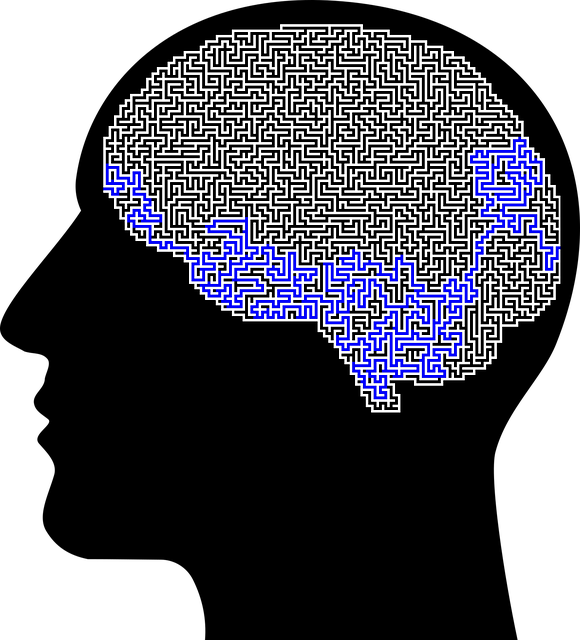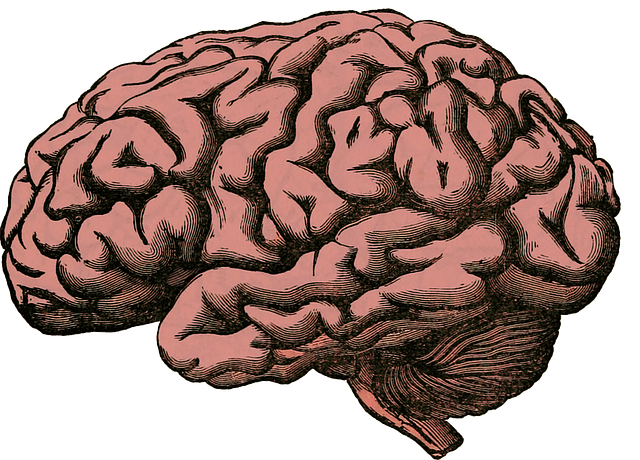Broomfield Chronic Illness Therapy leads in enhancing mental health services through strategic data analysis. They collect diverse data sources, prepare and interpret them meticulously, revealing trends and patterns for personalized care. Advanced statistical methods and machine learning predict mental health conditions, guiding evidence-based interventions like Mindfulness Meditation. Data interpretation identifies connections between mental health, lifestyle, and environment, driving innovative programs such as Emotional Intelligence training. By recognizing demographics at risk and understanding root causes, they develop targeted communication strategies. Integrating data analytics with holistic practices, Broomfield offers personalized treatment plans from stress management to mindfulness, transforming patient care for sustainable mental wellness.
Mental health data analysis is a powerful tool for understanding and improving patient outcomes. In this article, we explore how advanced techniques can uncover valuable insights from complex mental health datasets. From collecting and preparing raw data to interpreting results, each step is crucial in developing actionable strategies that enhance care. We highlight the successful integration of data-driven approaches at Broomfield Chronic Illness Therapy, demonstrating how these methods transform data into tangible improvements for patient well-being.
- Understanding Mental Health Data: Collecting and Preparing Insights
- Advanced Analysis Techniques for Uncovering Patterns and Trends
- Interpreting Results: Translating Data into Actionable Strategies
- Broomfield Chronic Illness Therapy: Integrating Data-Driven Insights for Better Patient Care
Understanding Mental Health Data: Collecting and Preparing Insights

Understanding Mental Health Data is a pivotal first step for any organization looking to improve services and support their clients, such as those seeking Broomfield Chronic Illness Therapy. Collecting data on mental health involves gathering insights from various sources including patient records, surveys, and self-reported information. This data can range from symptoms reported to treatment outcomes, offering a multifaceted view of individual and population mental health trends.
Preparing this data for analysis is crucial, requiring meticulous cleaning and normalization to ensure accuracy and consistency. Techniques such as data validation, handling missing values, and categorizing qualitative responses are essential steps in transforming raw data into meaningful insights. By focusing on these foundational aspects, organizations like Stress Management Workshops can better understand the emotional regulation and depression prevention needs of their clientele, paving the way for more effective interventions and personalized care.
Advanced Analysis Techniques for Uncovering Patterns and Trends

In the realm of mental health data analysis, advanced techniques play a pivotal role in uncovering intricate patterns and trends that can significantly impact treatment strategies. By employing sophisticated statistical methods and machine learning algorithms, researchers and professionals at Broomfield Chronic Illness Therapy can delve into vast datasets to identify correlations and predictors of various mental health conditions. This enables them to offer more personalized care and tailored interventions, such as integrating Mindfulness Meditation practices, which have shown promise in enhancing Mental Wellness.
Emotional Intelligence is another crucial aspect that advanced analysis can bring to light. By interpreting data related to emotional responses and their patterns, professionals gain valuable insights into the complex interplay between mental health, lifestyle factors, and environmental influences. These findings not only contribute to evidence-based practices but also foster innovative approaches like incorporating Emotional Intelligence training programs to support overall Mental Wellness in diverse populations.
Interpreting Results: Translating Data into Actionable Strategies

Interpreting data is a critical step in mental health analysis, transforming raw figures and statistics into actionable strategies for better patient outcomes. Once patterns and trends emerge from the collected data, healthcare professionals can identify areas requiring intervention. For instance, elevated rates of anxiety or depression among certain demographics could indicate a need for tailored prevention programs, such as those offered by Broomfield Chronic Illness Therapy, focusing on early interventions and positive thinking strategies.
This process involves not only identifying issues but also understanding their underlying causes. By analyzing communication patterns, access to resources, and cultural influences within the data, professionals can develop effective communication strategies to reach at-risk populations. This ensures that the strategies implemented are responsive to the unique needs of diverse communities, fostering more inclusive and successful mental health interventions.
Broomfield Chronic Illness Therapy: Integrating Data-Driven Insights for Better Patient Care

Broomfield Chronic Illness Therapy is revolutionizing patient care through the integration of data-driven insights. By leveraging advanced analytics, therapists gain a deeper understanding of individual patient journeys, enabling personalized treatment plans tailored to unique needs. This approach not only enhances efficacy but also fosters better outcomes in managing chronic conditions.
The therapy incorporates stress management techniques and mindfulness meditation from the popular Mental Wellness Podcast Series Production as part of its holistic care strategy. By combining data analysis with evidence-based practices such as Mindfulness Meditation, Broomfield Chronic Illness Therapy ensures a comprehensive approach to mental wellness. This dual focus on data-driven insights and therapeutic interventions promises a transformative experience for patients, guiding them towards sustainable mental health improvements.
Mental health data analysis is a powerful tool for improving patient outcomes, as demonstrated by Broomfield Chronic Illness Therapy’s integration of data-driven insights. By understanding complex data, employing advanced analysis techniques, and interpreting results accurately, healthcare professionals can develop actionable strategies that significantly enhance care quality. This approach ensures that every patient receives personalized treatment, ultimately leading to better mental health outcomes and improved lives.














